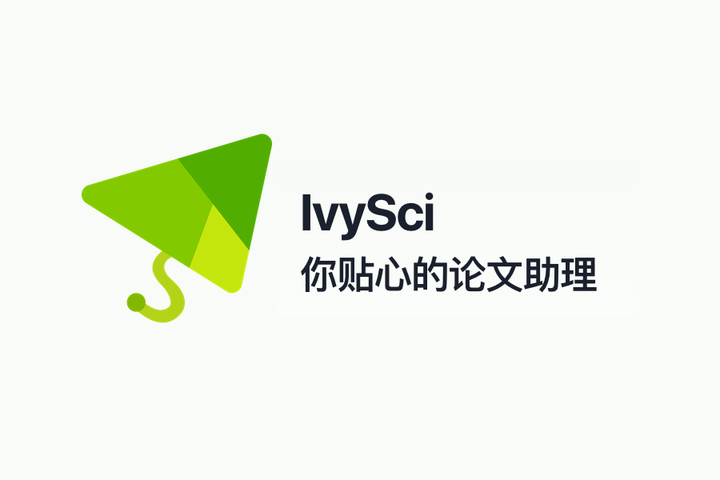How to Manage Residual Impacts of Infrastructure Projects in Developing Countries
DOI:
https://doi.org/10.35166/jipm.501.0021Keywords:
Infrastructure projects, land acquisition, infrastructure development, residual impacts, developing countriesAbstract
Infrastructure projects in developing countries are crucial to improve the interconnectivity and equality of national economic development. However, infrastructure projects may lead to social impacts. For example, land acquisition may cause involuntary resettlement that may impact the livelihoods of Project-Affected People (PAP). The land is a critical resource for infrastructure development and the government has established regulations to stipulate land acquisition mechanisms and mitigate the social impacts. However, in practice, social impacts on PAP are usually insufficiently mitigated. Based on applicable regulation, the cost for land acquisition must be calculated with fair compensation, considering both physical and economic losses. It is common that residual impacts remain as some aspects are not fully counted such as: post-land acquisition life management and sustainability of life for squatters without legal ownership assets and are usually left behind. On the other hand, investors have concern with this risk as it can affect investment value and project sustainability. Here, we propose thoughts of improvements for a better practice of land acquisition mechanism and Institutional arrangement with a case study in Indonesia. The proposed improvement is expected to achieve a win-win solution for Project Proponent and PAP by minimizing the economic losses and increasing the benefits shared between land users and the affected communities. This paper also highlights the importance of Stakeholders’ engagement on effective management of the residual impact of land acquisition for infrastructure development in Indonesia. In this case, Stakeholders include Regulators, Project Proponent, Financiers, Local Government, NGOs, and other relevant stakeholders).
Downloads
Published
Issue
Section
License
Copyright (c) 2022 Journal of Infrastructure Policy and Management (JIPM)

This work is licensed under a Creative Commons Attribution-ShareAlike 4.0 International License.















